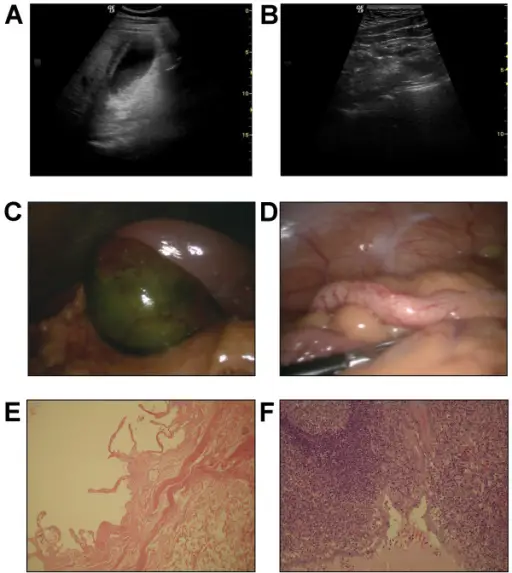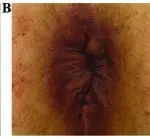Acute appendicitis is the sudden and severe inflammation of the appendix. It can cause pain in the abdomen, and this pain may occur quickly and worsen within hours. The appendix is a narrow tube that attaches to the large intestine.
What is the Pathology of Acute Appendicitis?
The pathology of acute appendicitis is:
-Etiology: The cause of acute appendicitis are various infections such as virus, bacteria, or parasites.
-Genes involved: None.
-Pathogenesis: The sequence of events that lead to acute appendicitis are obstruction of the appendiceal lumen, typically by lymphoid hyperplasia but occasionally by a fecalith, foreign body, or even worms. The obstruction leads to distention, bacterial overgrowth, ischemia, and inflammation. If untreated, necrosis, gangrene, and perforation occur.
-Histology: The histology associated with acute appendicitis shows the swollen organ and serosa shows hypereamia and engorged vessels on the surface.
How does Acute Appendicitis Present?
Patients with acute appendicitis are typically all genders and present at age between the ages 10 and 30 years old. The symptoms, features, and clinical findings associated with acute appendicitis include sudden pain that begins on the right side of the lower abdomen, sudden pain that begins around your navel and often shifts to your lower right abdomen, pain that worsens if you cough, walk or make other jarring movements, nausea and vomiting, loss of appetite.
How is Acute Appendicitis Diagnosed?
Acute appendicitis is diagnosed by physical exam, abdominal ultrasound, and complete blood count.
How is Acute Appendicitis Treated?
Acute appendicitis is treated appendectomy.
What is the Prognosis of Acute Appendicitis?
The prognosis of acute appendicitis is good. With an early operation, the chance of death from appendicitis is very low. The person can usually leave the hospital in 1 to 3 days, and recovery is normally quick and complete. However, older people often take longer to recover.



